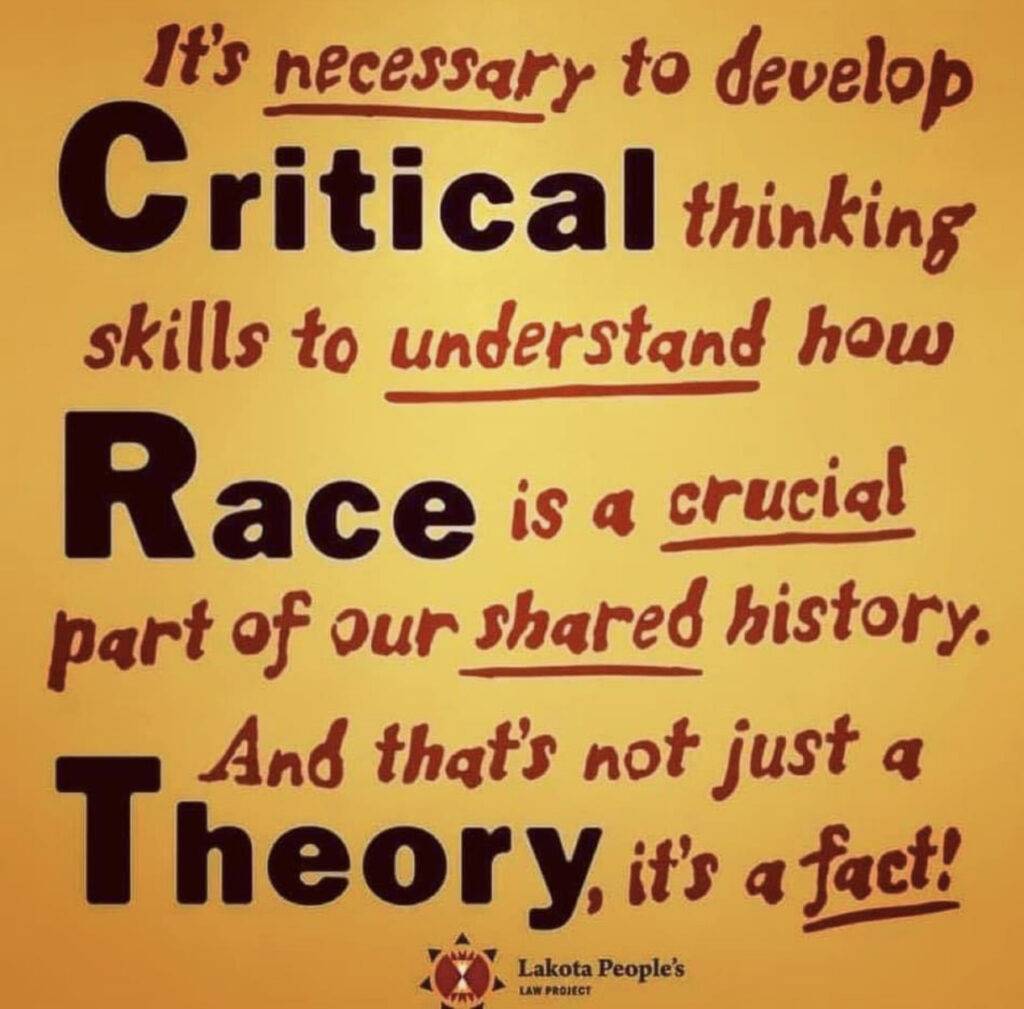
Akisha Townsend Eaton, Chief of Policy, Environmental Justice Division
Akisha brings over a decade of animal law and policy experience to her current role as Chief of Policy, Environmental Justice Division at CARE. Prior to joining CARE, she worked as a managing attorney for the Animal Legal Defense Fund and as legislative attorney and policy advisor at various other national and international animal protection organizations. Akisha is an AmeriCorps alumni and is currently an active contributor to the Black Appalachian Coalition (BLAC) as well as the legal redress, environmental justice, and economic development committees of her local NAACP chapter, which recently awarded her the Prince and Cora Mack Humanitarian Award.
Akisha has contributed to numerous publications. Her most recent chapters have appeared in the Palgrave Handbook of Animal Ethics, Career Paths in Human-Animal Interaction for Social and Behavioral Scientists and People, Pets, and Policies: Towards Community Supported Animal Sheltering. She served as a consultant editor and contributor to the Journal of Animal Ethics and associate editor for the Journal of Animal Law. Akisha has been an instructor, guest lecturer and speaker at numerous law schools, including Georgetown, Duke, Harvard, Lewis and Clark and Tulane University’s International Legislative Drafting Institute. Her publications have been included in the courses of international law schools. She has presented at multiple national, state and local animal welfare conferences on recent developments in animal law and advocacy. She is a former contributor for the Huffington Post and the Dodo and former Diversity Vice-Chair for the American Bar Association’s Animal Law Committee within the Tort, Trial, and Insurance Practice Section. She is a Fellow at the Oxford Centre for Animal Ethics.
Akisha received her law degree from Georgetown University Law Center, where she was recognized as a Law Center Scholar and her bachelor’s degree from Stanford University where she graduated with distinction.
Email:akisha@careawo.org






